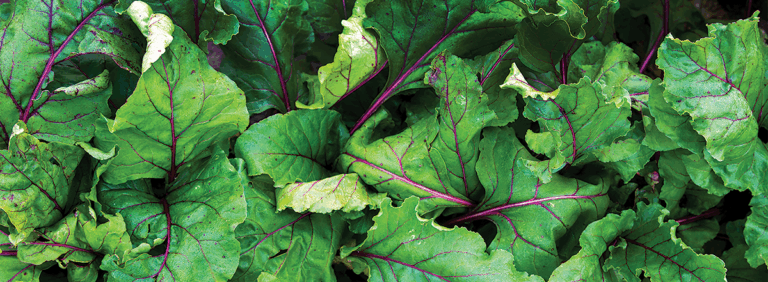Antioxidants and Vascular Endothelial Dysfunction
Summary
A diet that incorporates whole foods and polyphenol rich nutrients can target multiple risk factors for cardiovascular disease, and primarily address vascular endothelial dysfunction.
Almost 50 percent of Americans have at least one major risk factor for heart disease. What can be done to address these risk factors? At best, pharmaceutical drugs treat a single risk factor, but not the underlying issue. A healthful diet that incorporates whole foods and nutrients with polyphenols can target multiple risk factors, and primarily addressing vascular endothelial dysfunction (VED) due to sticky endothelium.1
Endothelial Cells and Vascular Health
Vascular endothelium plays a primary role in the preservation of vascular function and structure by production of vasodilators (nitric oxide, NO) and vasoconstrictors (superoxide). NO and superoxide regulate vascular tone and control blood flow by maintaining normal blood pressure and blood flow. Nitrate is a small molecule produced in limited amounts within the body (as a by-product of NO) and can be obtained via consumption of vegetables – especially beetroot and green leafy vegetables – and antioxidants in fruits.
VED is a modifiable risk factor for cardiovascular conditions, as endothelial cells provide the structural lining for blood vessels. Endothelial cells are the primary target and first line of defense against any changes in blood constituents. Vascular endothelium is an important component of a variety of processes related to vascular health such as tissue growth and repair, particularly connective tissue to form surrounding layers of the blood vessel wall, and blood flow regulation.2
A diet high in sugar, salt, cholesterol, and fat can lead to VED and other cardiovascular health problems such as the progression of atherosclerosis due to physiological changes like oxidative stress and chronic inflammation.2 Reducing the consumption of foods high in these components and replacing them with whole food based diets can support endothelial and overall cardiovascular health.3
Addressing Oxidative Stress in VED
Oxidative Stress
Oxidative stress occurs when the body cannot maintain homeostasis between the production of oxygen free radicals (reactive oxygen species) and the antioxidants that detoxify them.1 Oxidative stress is associated with acute and chronic inflammation, as well as heart and lung conditions, cancer, and neurodegenerative disorders.1 Unresolved chronic inflammation leads to chronic metabolic conditions, and progression of vascular stiffness.4
Antioxidants, which are obtained through a diet rich in plant-based whole foods, counteract oxidative stress and free radical generation. This balance is critical for a healthy vascular endothelial function.
Nitric Oxide (NO)
Antioxidants rich in polyphenols favor endothelial nitric oxide synthase (eNOS), an enzyme that produces NO, a soluble gas important for healthy endothelial function.5 Reduced NO production is the primary cause of VED, and it is associated with the following risk factors for VED and heart disease:
- High blood pressure
- High low-density lipoprotein
- Aging
- Smoking
- Type 2 diabetes
- Obesity
- Lack of physical activity
Nutrition
Nutrition may improve blood flow and vascular tone through improvements on endothelial dysfunction as evidenced by studies in which diets high in fruits and vegetables have been associated with reduced risk of cardiometabolic conditions. Therefore, with a whole food based healthy diet that is rich in antioxidants, the body can modulate NO availability and promote healthy endothelial function. Important nutrients for homeostasis in endothelial function include:
|
|
|
|
|
|
|
|
|
|
- Varadharaj, S., et al. (2017). Role of Dietary Antioxidants in the Preservation of Vascular Function and the Modulation of Health and Disease. Front Cardiovasc Med, 4: p. 64.
- Tuso, P., Stoll, S.R., Li, W.W. (2015). A plant-based diet, atherogenesis, and coronary artery disease prevention. Perm J, 19(1): p. 62-7.
- Mente, A., et al. (2009). A systematic review of the evidence supporting a causal link between dietary factors and coronary heart disease. Arch Intern Med, 169(7): p. 659-69.
- Willerson, J.T., Ridker, P.M. (2004). Inflammation as a cardiovascular risk factor. Circulation, 109(21 Suppl 1): p. Ii2-10.
- Tousoulis, D. et al. (2012). The role of nitric oxide on endothelial function. Curr Vasc Pharmacol, 10(1): p. 4-18.







